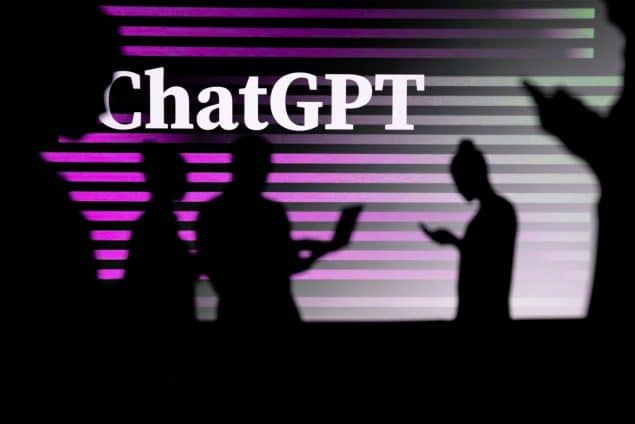Home » UK Business News • US business news » European regulators reach deal for world’s first regulation of AI
European regulators reach deal for world’s first regulation of AI
https://www.whatjobs.com/news/united-kingdom/uk-business-news/european-regulators-reach-deal-for-worlds-first-regulation-of-ai

By Nithya Bose in UK Business News, posted December 11, 2023

The European Union has agreed to landmark rules for artificial intelligence, marking its first major regulation in the Western world.
The new rules come after a week-long deliberation involving major EU institutions.
It includes regulating generative AI models like ChatGPT and using biometric identification tools like facial recognition and fingerprint scanning.
Read More: UK Regulators Could Examine Microsoft Investment In OpenAI
Germany, France, and Italy advocated against direct regulation of generative AI models, often called "foundation models."
The countries have instead proposed a system of self-regulation facilitated by government-introduced codes of conduct.
They are concerned about the stringent regulations that may impede Europe's competitiveness against Chinese and American tech giants.
Germany and France house some of the continent's most promising AI startups, including DeepL and Mistral AI.
Looking to boost your online brand? Create your FREE business profile at WhatBiz? here.
The EU AI Act is a groundbreaking legislative initiative addressing AI regulation, culminating years of European efforts.
The law originated in 2021 when the European Commission proposed a unified regulatory and legal framework for AI.
It categorizes AI into risk levels, ranging from "unacceptable" technologies that must be prohibited to high, medium, and low-risk AI applications.
The emergence of generative AI, notably exemplified by OpenAI's ChatGPT, which gained widespread attention last year, prompted a reevaluation of regulatory approaches.
Need Career Advice? Get employment skills advice at all levels of your career
These advanced AI tools, including Google's Bard, Stable Diffusion, and Anthropic's Claude, have raised concerns among experts and regulators.
This is due to their capacity to produce sophisticated and human-like outputs.
They worry about potential job displacement, the generation of discriminative language, and privacy infringements.
Follow us on YouTube, X, LinkedIn, and Facebook.














